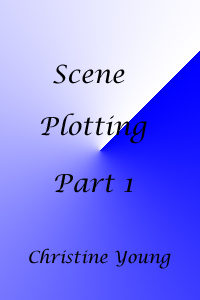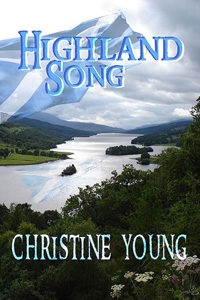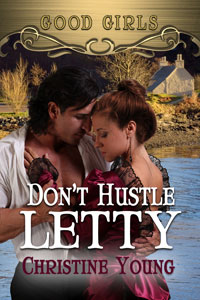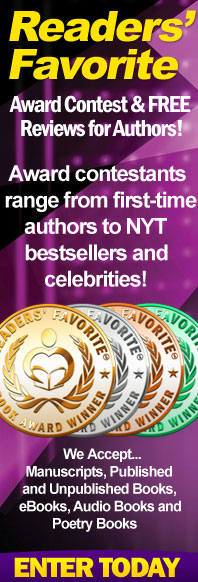Scene Plotting: Part One
Scene Plotting
An easy and efficient way to plot a scene.

I’ve used this method of plotting a scene for over ten years. With this method the scene will magically fall into place. Well, maybe not magically. Sometimes I fill in all of the blanks and other times when the scene is vivid in my mind, I do very little. However, I always describe the turning point as well as the point of view. Also, the author should know approximately how many pages should be in each scene. This keeps uniformity in the books. It’s also important to note, the last sentence might change, but if you gear the scene to the ending you wrote down, you should have a cliffhanger.
Writing Essentials 11
Scene Writing Workshop
I keep my scenes in a notebook for reference while I write the book. The Chapter Number and Scene Number are important.
Chapter_________________ Scene_________________
We alway talk about major turning points in a book, usually three, but scenes also need a turning point. Every scene should have something in it that changes a character in some way.
Turning Point____________________________________________________________
I like to include this on my scene plotting sheet. If I’m away from my WIP, it’s easy to look on the sheet and find out whose POV the scene is written in.
Point of View____________________________________________________________
What are your key plot points within the scene. Now, I’m really a pantster but it’s nice to have some idea when beginning a scene what is going to happen.
Key Plot Points
Beginning_________________________________________________________
Middle____________________________________________________________
End______________________________________________________________
Start each scene with dialogue and impact! Know the end of your scene. I will talk more about this in a later blog.
Foreshadowing___________________________________________________________
Remember, nothing is set in stone, and everything you put on your sheet can be changed. My characters always have a voice of their own and sometimes they take me in a direction I never thought I would go.
LINKS TO OTHER BOOKS BY CHRISTINE YOUNG

Buy at Amazon
BLURB:
With her white-gold hair and azure eyes, Lainie MacPherson is as wild and untamed as the rugged Scottish Highlands where she was raised. Lainie vowed to avenge a crime against her. Recklessly, she defies English laws and the man who raped her puts a bounty on her head. The man who is sent to bring her to Edinburgh sets a dangerous trap. With nothing left to live for the beautiful Scottish spy steals the sealed documents the English soldier has tempted her with.
When the exquisite temptress takes the bait and runs off with not only the forged documents but the purses of the men in the tavern, Aaron Slade vows to hunt her down and bring her to justice, never dreaming she will tame his jaded soul. When Aaron discovers the truth about the tempestuous woman who stirs his passion to the point of madness, he dares not love her, but desires her with all his soul.



I use a similar process. In fact, I’m doing this now for the book I’ll be writing in October and November. Really helps me focus and get the most out of my writing time!
[…] Check out other posts on this blog […]
[…] Check out more writing tips […]